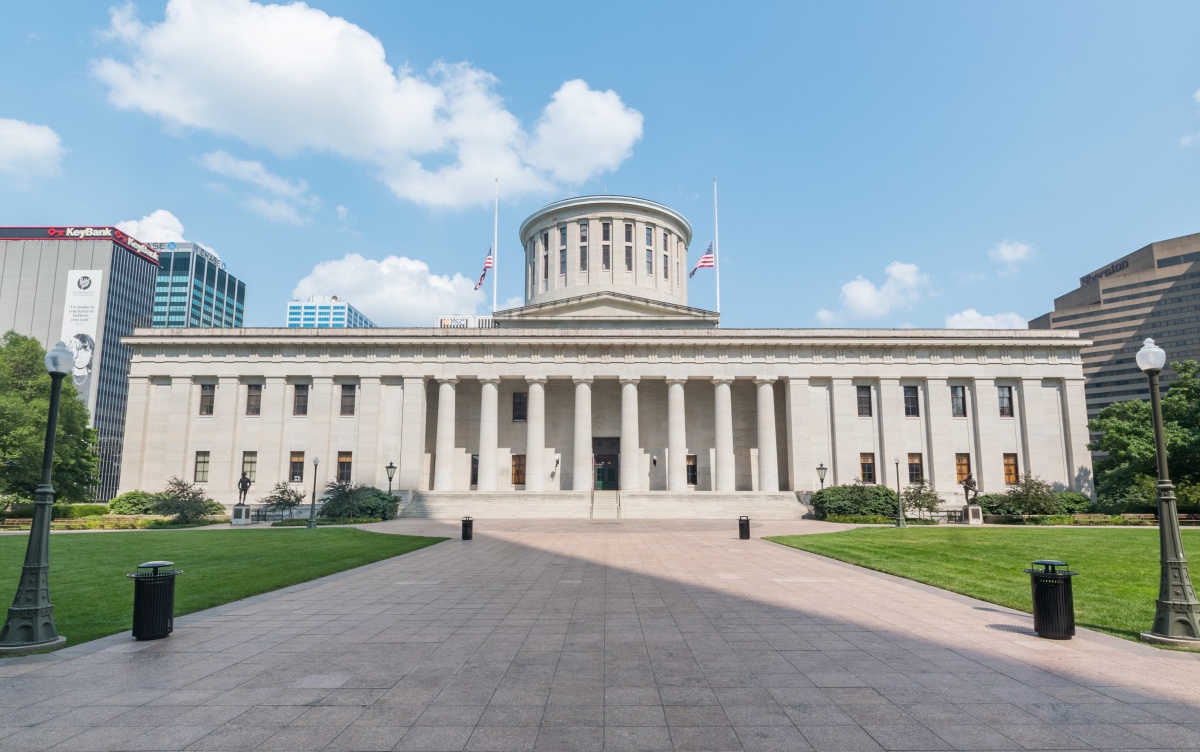Legislature Weighs Anti-Sharia Law We Don’t Need
By Laila Abdelaziz
Tallahassee
A bill that would prevent Florida courts from violating our constitutional rights by enacting foreign law, a problem that does not currently exist in Florida courts, is moving quickly to a Florida Senate floor vote.
Senate Bill 58, formally titled “Application of Foreign Law in Certain Cases,†is a “preemptive gesture,†according to sponsor Alan Hays, R-Umatilla. “Your mom and dad would not want you to get sick from one of those dreadful diseases, and I don’t want any American to be in a Florida courtroom and have their constitutional rights violated by any foreign law,†he said. “That’s it. It’s not that complicated.â€
The bill is confusing at best, and a harmful complication of our judicial system at worst. Our Florida and U.S. Constitutions already directly guarantee citizens’ fundamental liberties, rights, and privileges. In the absence of this bill, Florida courts have always tested the use of foreign law in Florida courts by questioning “whether application of the non-Florida law would offend Florida’s public policy,†as explained by the Florida Bar International Law Section.
Bill sponsors and advocates have, upon multiple requests, failed to cite a single Florida court case that presented a threat to fundamental liberties, rights, or privileges by the application of foreign law.
The bill is the latest version of similar legislation that Rep. Larry Metz, R-Yalaha, and Sen. Hays have been trying to pass for the past three years. In 2011, when the original bill was first introduced, dozens of states introduced similar legislation that would specifically prohibit judges from referring to Shariah law in U.S. courts.
As controversial as this legislation has been, Gov. Rick Scott released a statement of support for the bill immediately after the House passed SB 58’s companion bill, House Bill 351, in a 78-41 vote:
“America was founded on principles of religious freedom. In Florida, we have many religions and cultures that contribute to the rich diversity of our great state. As Americans, we have the expressed right to freely practice our religion, and I applaud the Florida House for passing HB 351 that would make clear the constitutional rights of our citizens will be protected.â€
Gov. Scott’s statement begins with an affirmation of our First Amendment guarantee to religious freedom, but finishes in praise of a bill that aims to do the exact opposite. The history of the bill, as well as statements made by its sponsors, make it clear that the main aim of this bill is to ban Sharia law.
Over the past 10 years, a close-knit, organized coalition of individuals has been solely responsible for fueling the anti-Muslim rhetoric that has swept the nation’s state legislatures. The intended, but unfortunate consequences have been an uptick in hate-crimes against the Muslim population.
The initial wave of anti-Sharia legislation sent a dangerous and wholly untruthful message: Sharia law is a threat to the American way of life, and Muslim Americans are un-American and unwelcome in our country.
Most of this rhetoric stems from a fundamental misunderstanding of what Sharia law is. Sharia law is a general guide to how Muslims should lead their lives. It is no different than Jewish Halakha law or Catholic Canon law. Like the massive body of common law that the United States follows, religious law is subject to varying interpretations, changed by both time and context.
Despite Rep. Metz and Sen. Hays’ attempts to substitute “Sharia law†with “foreign law,†those close to this bill understand it is designed to mirror previous failed attempts, with slightly different wording.
Gov. Scott’s ironic affirmation of our country’s principles of religious freedom should come by way of his opposition to SB 58, not his support. Senate leadership should ensure that SB 58 does not become law. This bill is unnecessary legislation that civil libertarians, conservatives and liberals should have common reason to oppose.
Laila Abdelaziz is a regional director for Emerge USA, a Florida based nonprofit, and leads the organization’s government relations efforts.
15-19















2013
858 views
views
0
comments